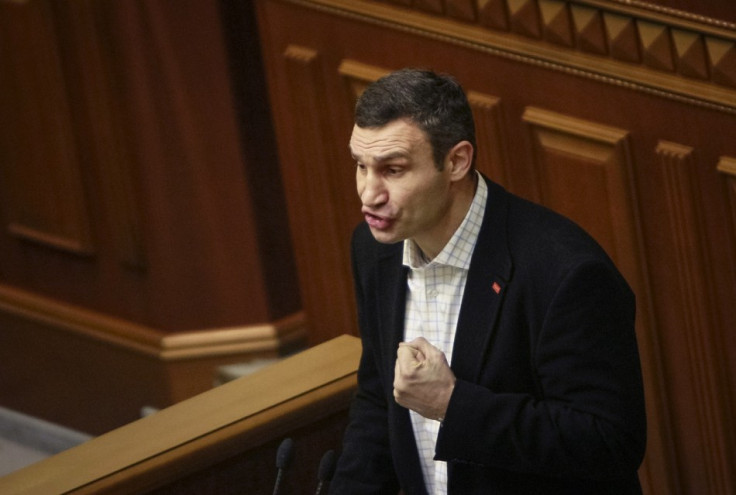Ukraine: President Yanukovich's Government Survives No Confidence Vote
Key motion to oust government rejected despite mass protests demanding resignation of president

The Ukrainian government has survived a no confidence vote after huge protests that brought hundreds of thousands of Ukrainians on to the streets to demand the resignation of pro-Putin president Viktor Yanukovich.
MPs failed to oust government in voting that took place as protesters massed outside the parliament building in the capital of Kiev. The no confidence motion got 186 votes - but 226 were needed in the 450-seat parliament to be carried.
Unrest was caused by Yanukovich's dropping of a deal granting political and free trade accords with the European Union. Protesters saw the hand of Putin behind the move.
Between 100,000 and 500,000 rallied in the capital at the height of the protests and in defiance of a ban on public demos.
Clashes between demonstrators and authorities resulted in riot police using teargas, batons and stun grenades. Dozens of protesters were injured and Kiev police said that about 100 officers were wounded.
Yanukovich admitted that police went too far in the clashes but claimed that they "were provoked by something".
Opposition leaders, including former heavyweight world boxing champion Vitali Klitschko, introduced the no-confidence motion.
They claimed that the government had betrayed the Ukrainian people by scrapping plans to sign the Association Agreement with the EU under pressure from Russia's president Vladimir Putin.
The agreement with Europe is perceived as an important step toward economic and political prosperity by many Ukrainians.
Russia's president Vladimir Putin has put pressure on Yanukovich to not sign the deal and join an alternative union with Russia, Belarus and Kazakhstan.
© Copyright IBTimes 2024. All rights reserved.






